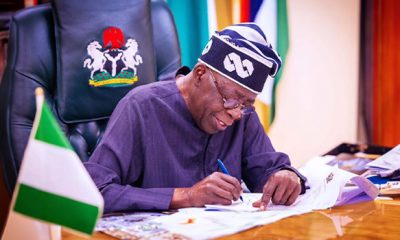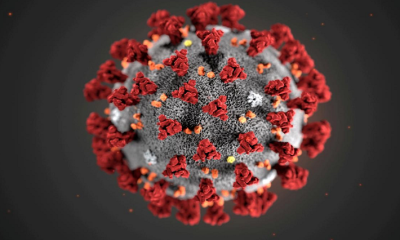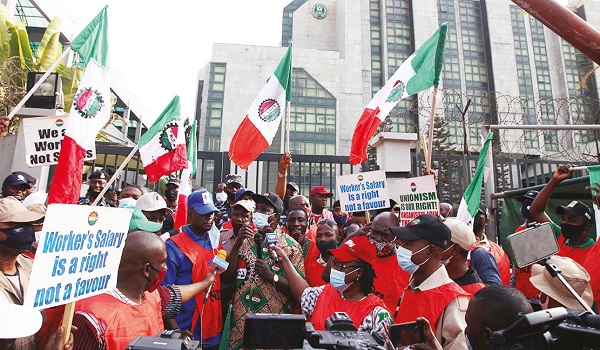With growing fears of a third wave of COVID-19, the Nigeria Centre for Disease Control has warned against trips during the 2021 Eid-el-Kabir celebrations.
NCDC Head of Risk Communications Division, Dr Yahya Disu, handed down the warning on Wednesday during Channels Television’s ‘Sunrise Daily’ breakfast show.
Disu said the second wave of the COVID-19 pandemic started in Nigeria because people travelled for Christmas last December. He, therefore, urged Nigerians to avoid unnecessary trips as Sallah celebrations hold next week.
Recall that experts had earlier warned of a fresh lockdown following the detection of the Delta COVID-19 variant in Nigeria. The experts warned that imposing a new lockdown would have devastating impacts on the economic.
The experts spoke against the background of a third wave of COVID-19 with the steady rise in positive cases in the last one week and the discovery of a new variant of the virus in Nigeria.
The deadly Delta variant is recognised by the World Health Organisation as a variant of concern, given its increased transmissibility.
The variant has been detected in over 90 countries and is expected to spread to more countries, according to the NCDC.
Speaking of the third wave, the NCDC official said, “Before now, we knew the third wave was going to be inevitable. Third wave is about having increase in the number of cases. We have had increase and decrease in number of cases before now. So, the third one is starting but what is important is what we are able to do to ensure that we are able to reduce it.”
He urged religious leaders to sensitise their followers on the need to strictly observe COVID-19 protocols in order to prevent rise in recorded infections.
Disu said, “More importantly, Sallah is coming when people just travel and that makes the risk higher in villages, in different parts of the country. So, we need to warn people: they don’t need to travel if it is not necessary, you can celebrate where you are. During Sallah, we go to mosque in large numbers but this is the time we need to be very cautious.
“We are working with the religious organisations. The second wave in Nigeria started because of Christmas, because people travelled for Christmas. So, we can avoid it, we can learn from it. A life that we lost is very important for every one of us, it could be anybody. So, it is not worth it to lose a life because we want to celebrate Sallah or Christmas.”
Nigeria has recorded over 168,000 cases of COVID-19 and more than 2,100 associated deaths since the index case of the virus was reported in the country in March 2020, according to statistics by NCDC who continues to urge Nigerians to maintain social distancing and hygiene practices as well as use masks in public to prevent transmission of the lethal virus which has been identified to move through droplets.

 News3 years ago
News3 years ago
 Entertainment2 years ago
Entertainment2 years ago
 News3 years ago
News3 years ago
 Privacy3 years ago
Privacy3 years ago
 Sports2 years ago
Sports2 years ago
 Entertainment2 years ago
Entertainment2 years ago
 Opinion3 years ago
Opinion3 years ago
 News3 years ago
News3 years ago















